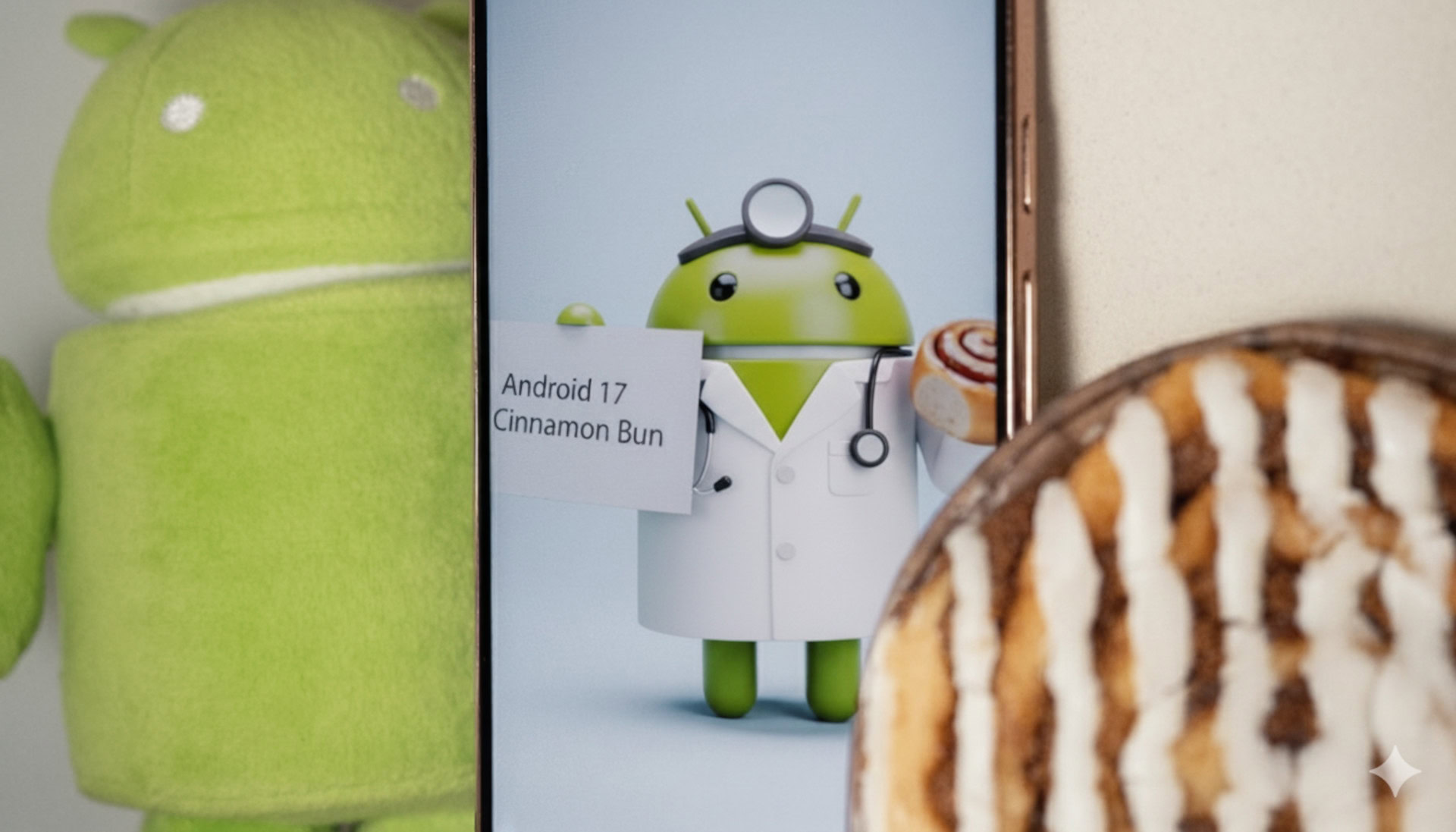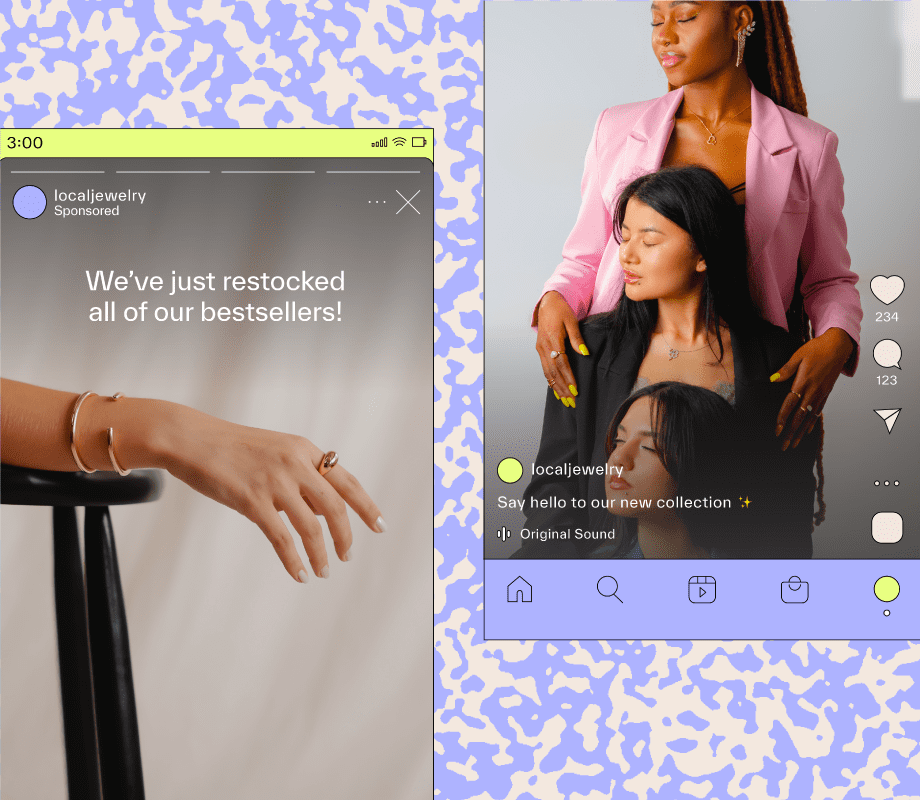Rita El Khoury / Android Authority
Hundreds of millions of people live with diabetes or other chronic conditions that require continuous monitoring. Fortunately, modern medical devices make it significantly easier for people to track their glucose levels, blood pressure, and other key vitals. Some even connect directly with smartphones, sending crucial data and alerts via Bluetooth to the mobile devices we carry every day.
Despite the importance of these medical devices in many people’s lives, Android doesn’t treat them any differently than other Bluetooth peripherals. The operating system is designed to maximize privacy and battery life, which forces medical device makers to jump through hoops to ensure their apps operate reliably. These apps must request a host of permissions during setup and then hope the OS doesn’t terminate their background processes — a dangerous possibility, since any lapse in reporting can become a life-or-death situation for users.
Fortunately, Android may finally treat medical device apps with the importance they deserve. Next year’s Android 17 release may bring a new companion device profile for medical device apps. This profile will not only streamline the setup process for new medical devices but also help their companion apps stay active in the background. Here’s how.
You’re reading the Authority Insights Newsletter, a weekly newsletter that reveals some new facet of Android that hasn’t been reported on anywhere else. If you’re looking for the latest scoops, the hottest leaks, and breaking news on Google’s Android operating system and other mobile tech topics, then we’ve got you covered.
Subscribe here to get this post delivered to your email inbox every Saturday.
In 2021, Google introduced companion device profiles with Android 12 to simplify the setup process for apps that connect to accessories like smartwatches. Instead of requesting permissions one by one, these apps can use a device profile to show a single, bundled permission prompt.
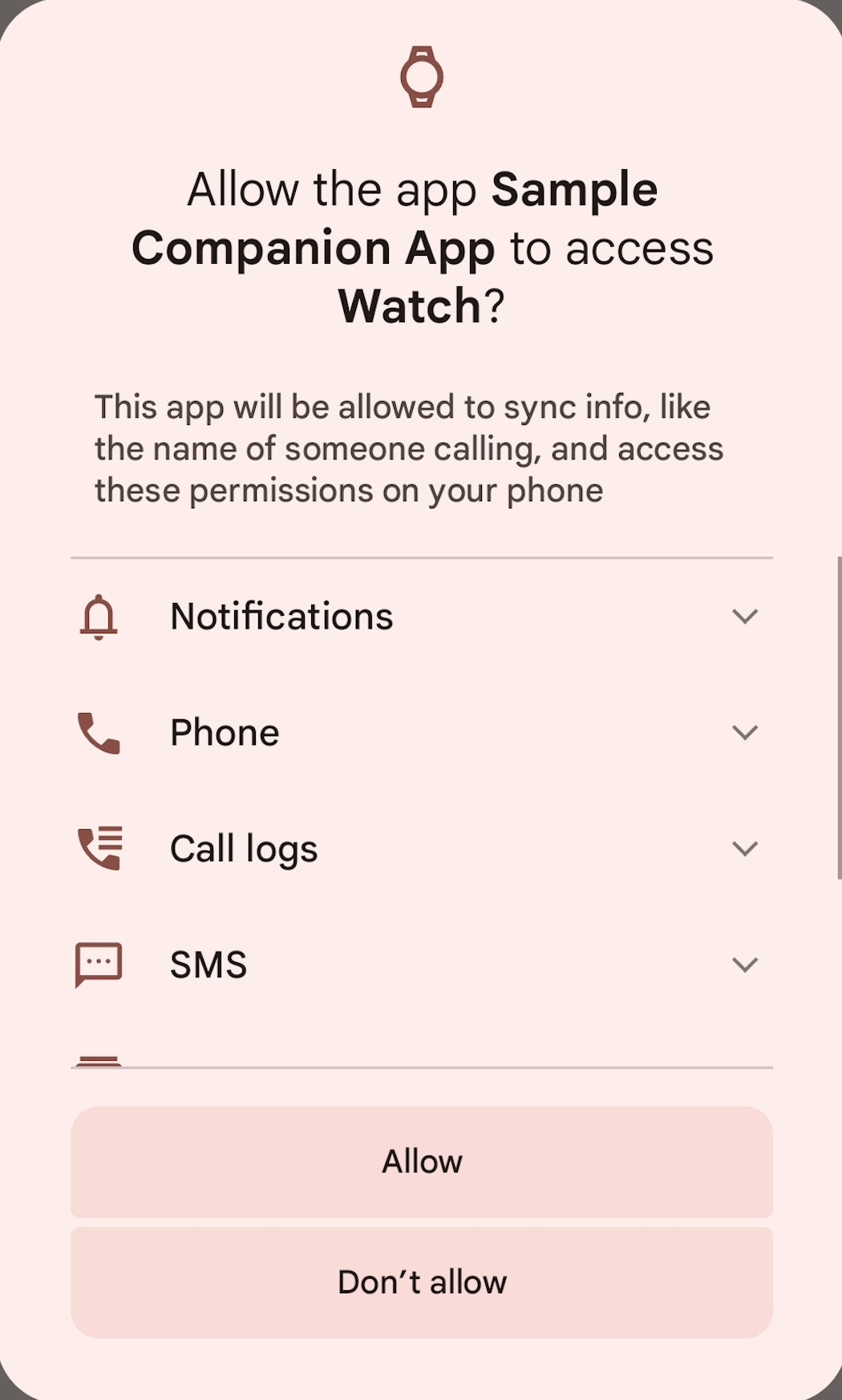
Sample dialog for an app requesting to hold the COMPANION_DEVICE_WATCH role.
When a user taps “Allow,” the system associates the device with the app and grants it a predefined set of permissions for that profile. Furthermore, Android elevates the app’s process priority whenever the companion device is nearby or connected. This makes it much less likely for the OS to kill the app’s background service when memory is low.
Android currently offers two companion device profiles for third-party applications: the Watch profile and the Glasses profile. As their names suggest, these are for smartwatch and smart glass companion apps, respectively, and grant permissions necessary for posting notifications, accessing phone calls, reading SMS, and more.
While digging through Android 16 QPR2 Beta 2, I found code for a third companion device profile for third-party apps. The new “Medical” profile is intended for companion apps to medical devices and grants permissions for posting notifications, managing Bluetooth connections, and sending alerts at precise times.
Here is the code for the new Medical profile role, followed by an explanation of each element:

Mishaal Rahman / Android Authority
- Behavior: The ‘v37’ prefix suggests the profile is tied to SDK version 37, which corresponds to next year’s Android 17 release. (For context, Android 16 is SDK version 36).
- Exclusive/exclusivity: The profile is not exclusive, so multiple apps can hold this role. This makes sense, as a user might have several medical devices managed by different apps.
- Feature flag: This determines if the role is enabled. The flag is currently off in Android 16 QPR2 Beta 2, so the Medical profile isn’t active yet.
- System-only/visible: Third-party apps can request this role (systemOnly: false), but it won’t be visible for users to manage in Android’s Default Apps settings (visible: false).
- Permissions: This is the most important part, defining what the app can do. The key permissions granted are:
- Notifications: Crucial for sending critical alerts and for signaling to the OS that the app is performing important work, which helps prevent it from being killed.
- Bluetooth: Allows the app to discover, connect with, and be discoverable by nearby medical hardware.
- Exact Alarms: Needed for apps that must perform a task at a precise time, such as taking a scheduled sensor reading.
The new Medical role provides a standardized way for Android to recognize that an app has a critical function, ensuring it’s prioritized over standard battery and memory conservation measures. This is a significant step forward, but the profile will be most beneficial for a specific class of devices.
Companion apps for medical devices that deliver medication on an exact schedule — like insulin pumps, smart medication dispensers, and respiratory aids — will benefit the most from this role. On the other hand, devices that need to operate continuously, such as blood glucose and cardiac monitors, will still need additional permissions not covered by this profile.
For instance, the app for the Freestyle Libre 3 glucose monitor requests permission to always run in the background and override Do Not Disturb mode so it can immediately notify users of dangerous blood sugar events. The Medical role doesn’t grant these two permissions at the moment, but perhaps that’ll change in the future.
In any case, we’re glad to see Google finally give medical devices some much-needed attention. As medical devices become smarter, so too should our smartphones’ handling of them. Google has to carefully balance battery life and privacy when designing Android, but these measures often conflict with the needs of medical devices. Apps currently have to work around many of Android’s restrictions, but hopefully, they’ll be treated as first-class citizens in Android 17.
Authority Insights is more than a newsletter — it’s the hub for all our best content. If you care about Android, you won’t want to miss any of our other exclusive reports.
Don’t have time to read them all? Subscribe to our Authority Insights Podcast to hear me and my co-host, C. Scott Brown, break down our top stories of the week.
This week’s top Authority Insights
Good news: Quick Share will work with iPhones. Bad news: It might not work offline
We now know how Quick Share for iPhone will work, and there’s bad news (APK teardown)
Related
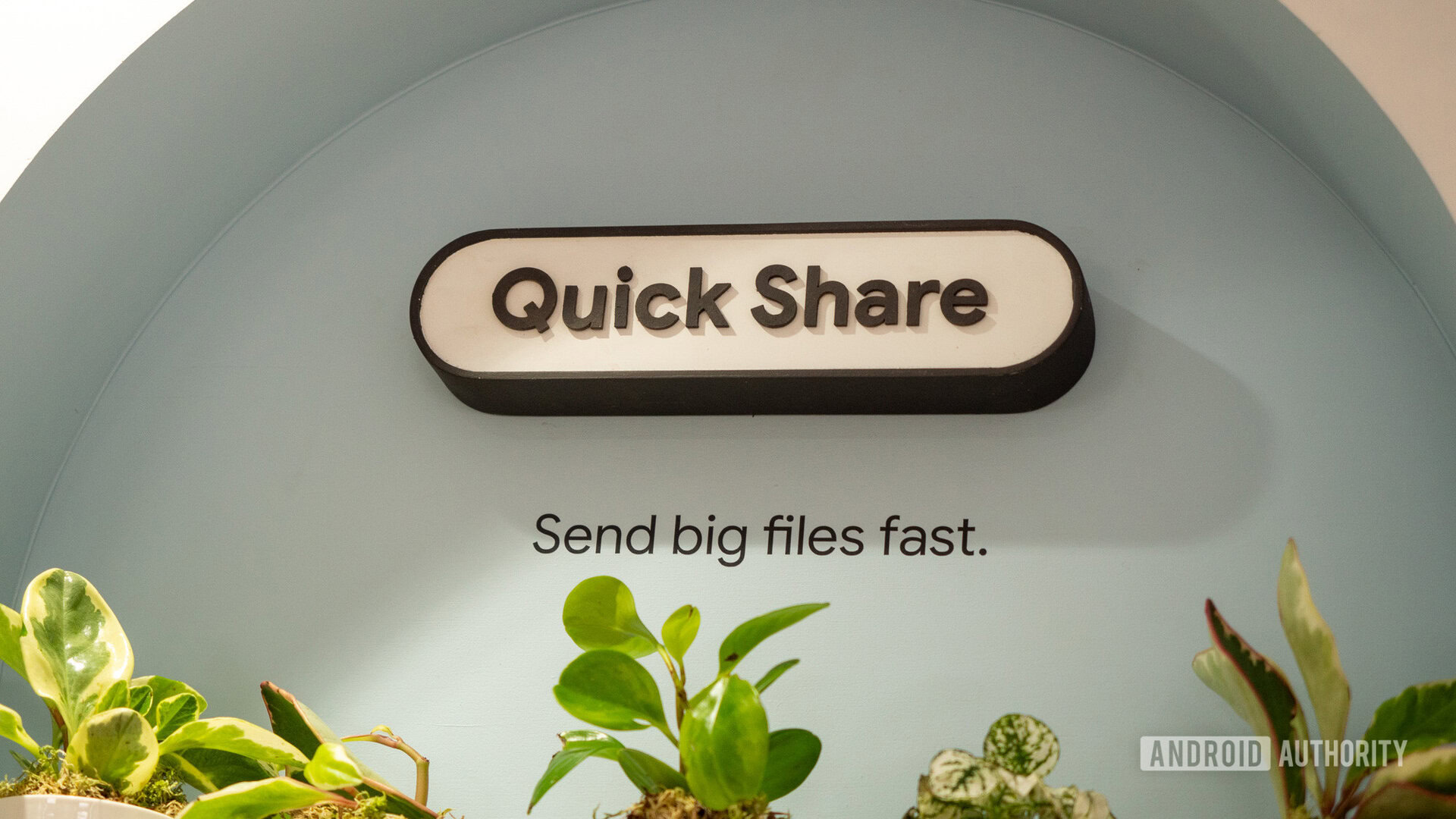
We finally have our first look at the new Gemini-powered Google Home app
Exclusive: Here’s your first look at the redesigned Google Home experience powered by Gemini
Related
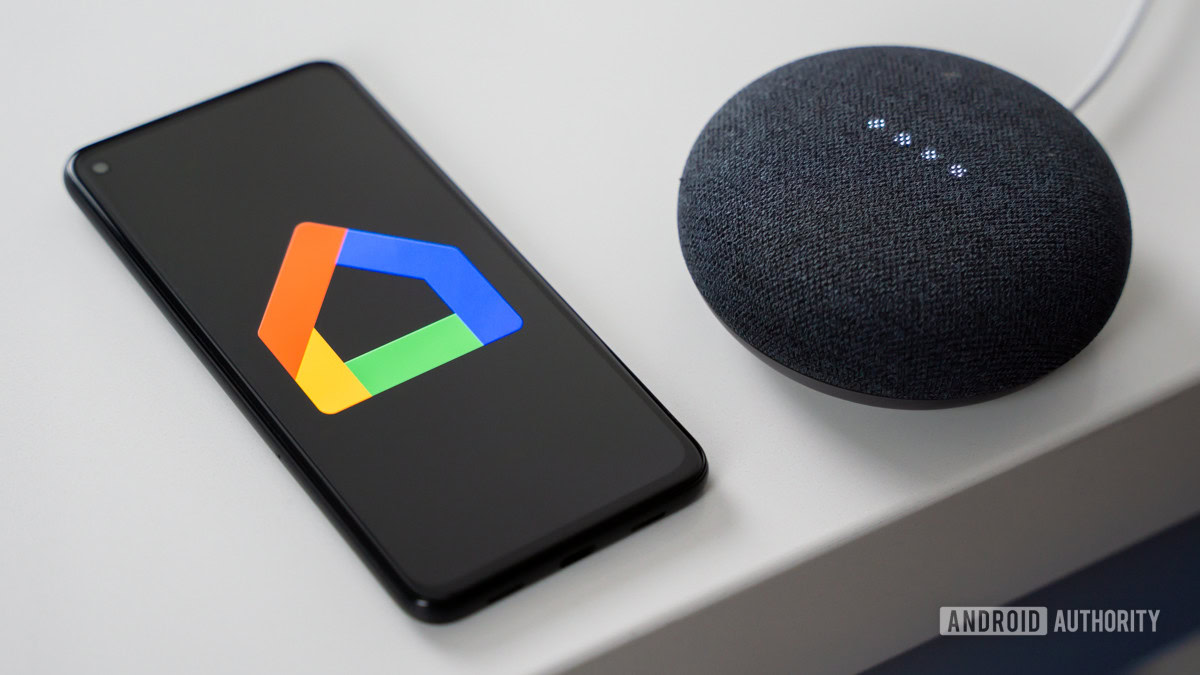
Google’s next big Android 16 update might bring some nifty features
Android 16 QPR2 may let you flip your Pixel’s navigation bar like on Samsung phones
Related
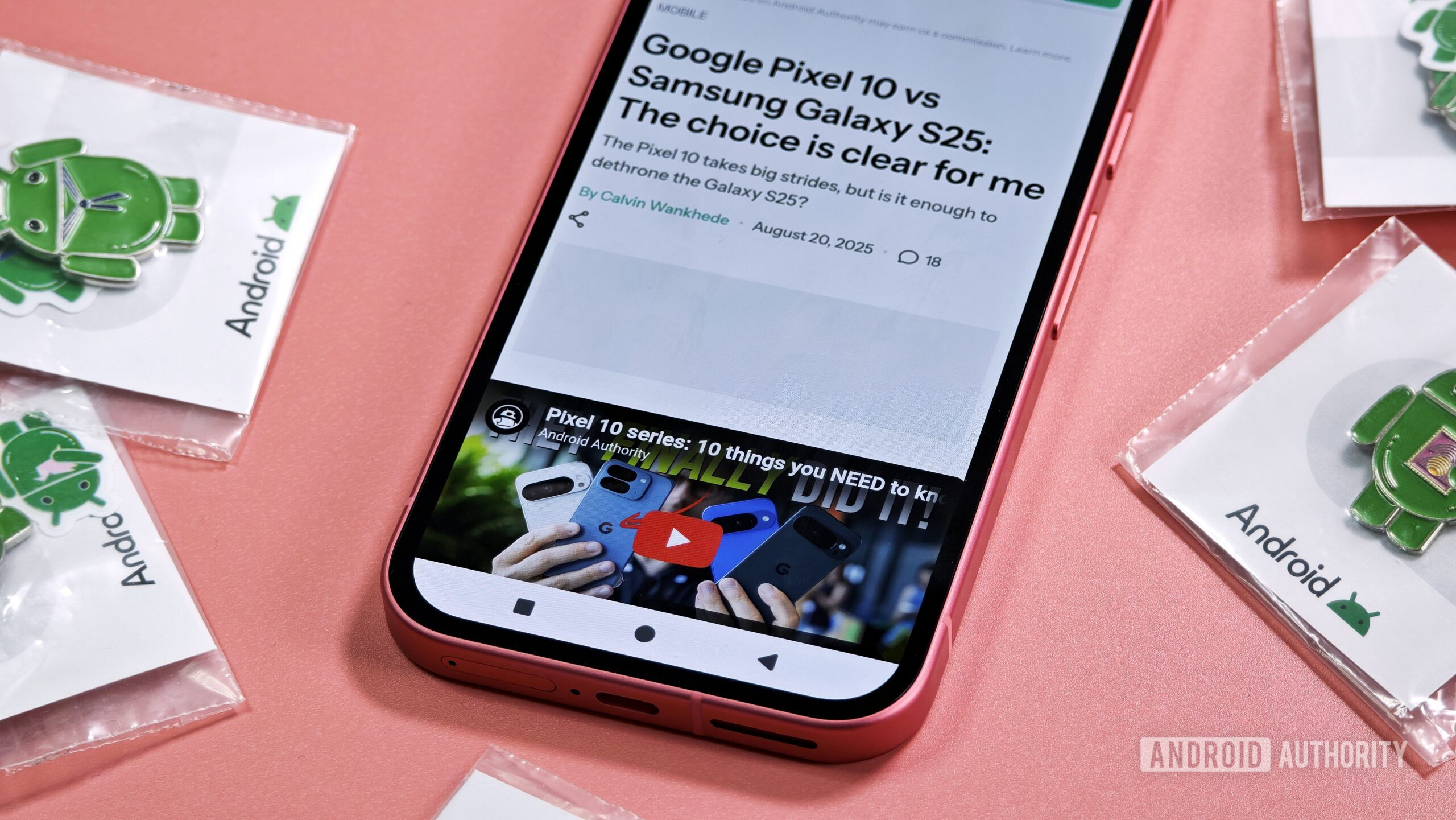
Here’s every new feature for Pixels in Android 16 QPR2 Beta 2
Related
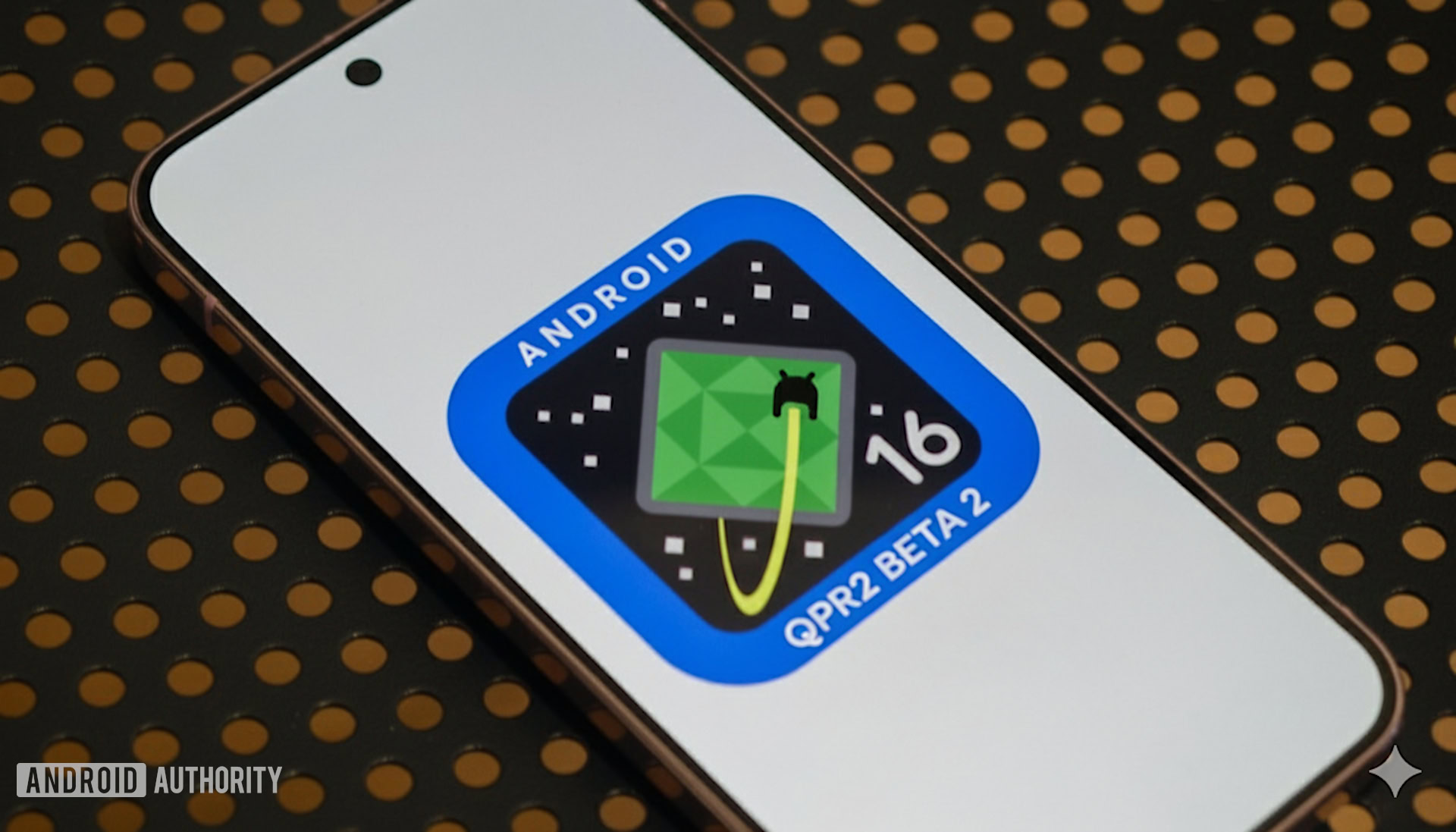
Google is bringing some fun watch faces and safety features to Wear OS
Google is bringing the fun of custom Androidify bots to your Wear OS watch face
Related
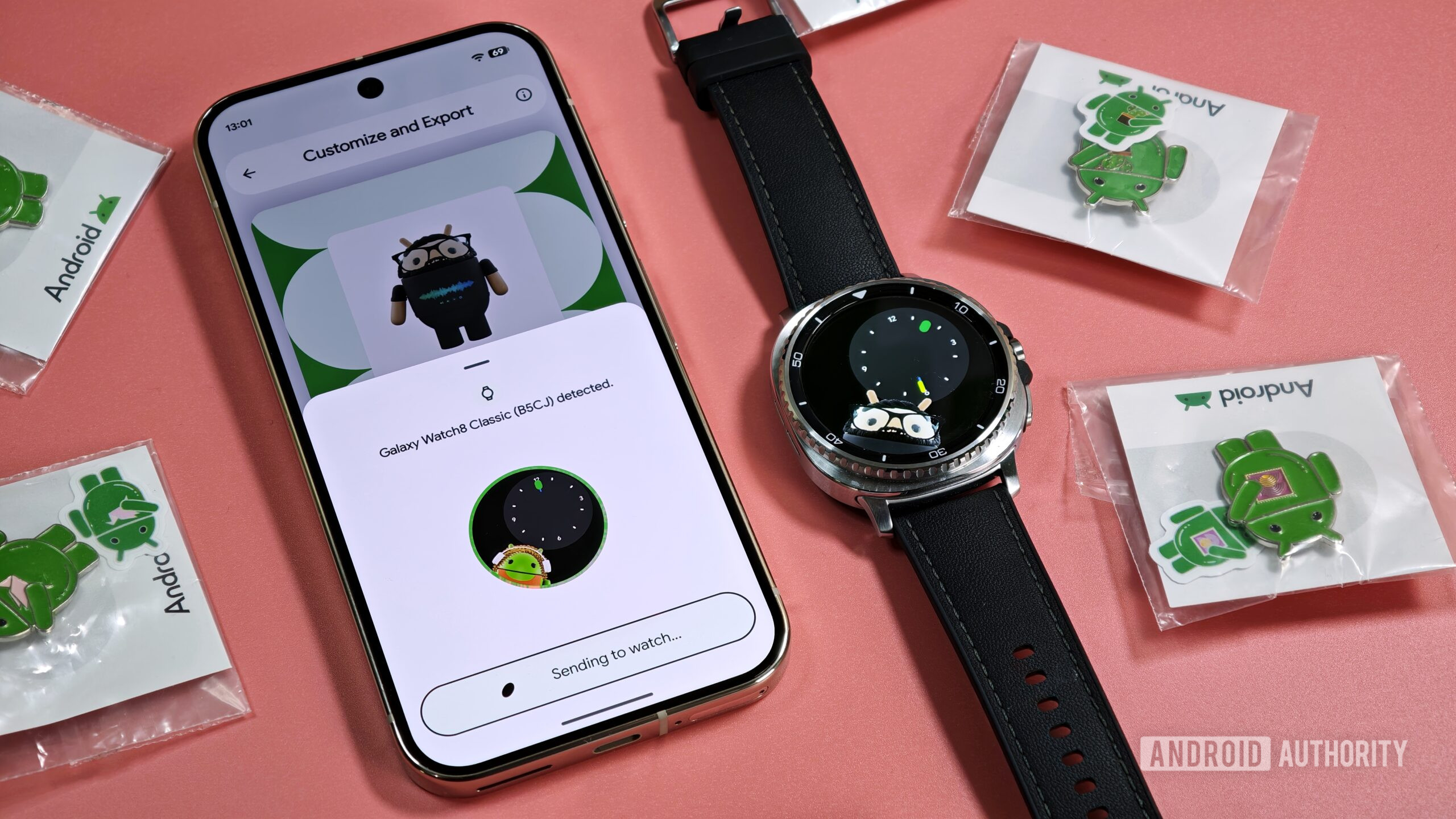
Your Pixel Watch could soon offer unprecedented control over your Pixel phone
Related
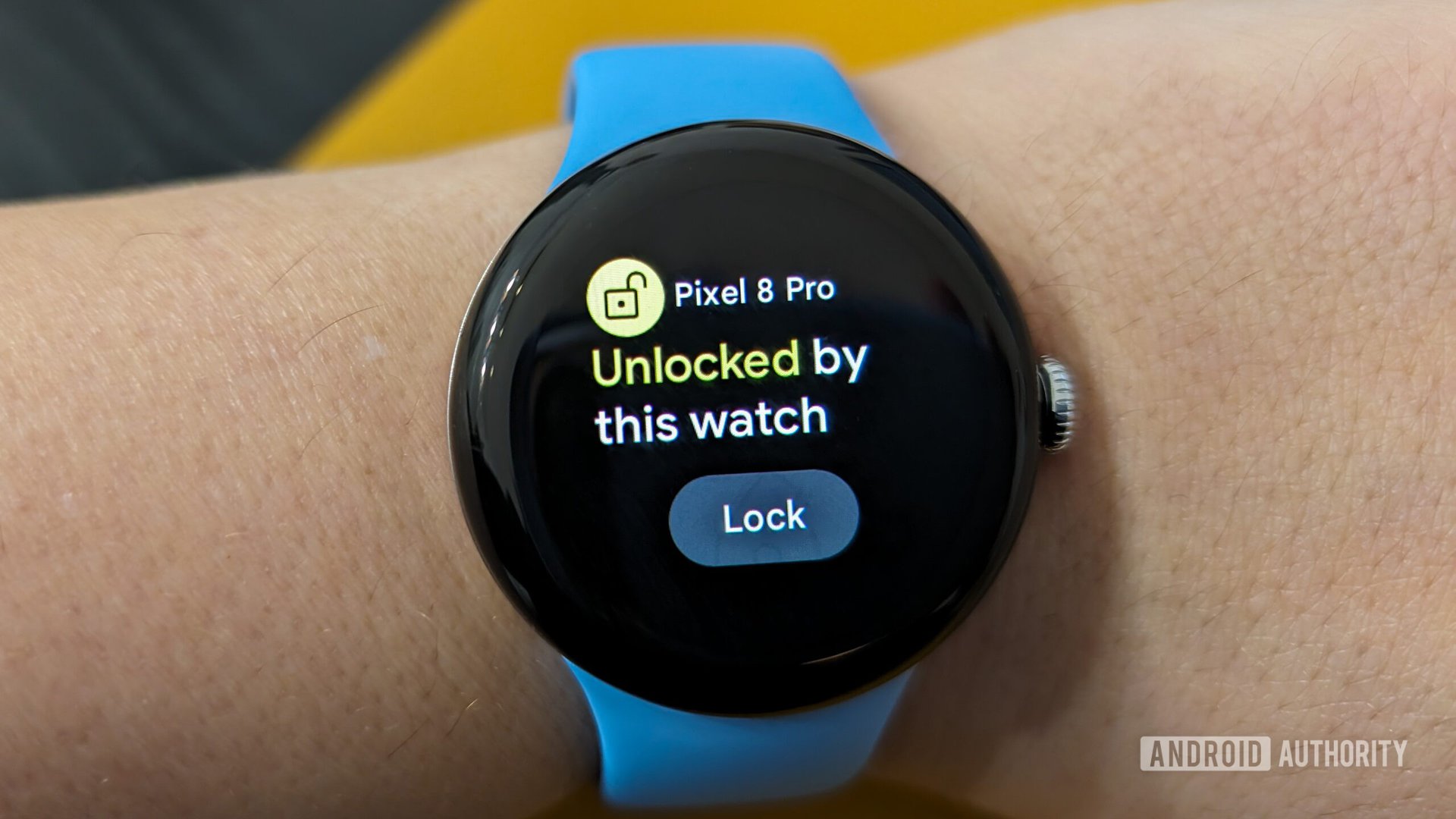
Google wants to protect you from scammers populating your favorite chat apps
First calls and texts, now Pixels could detect scams from chat apps (APK teardown)
Related
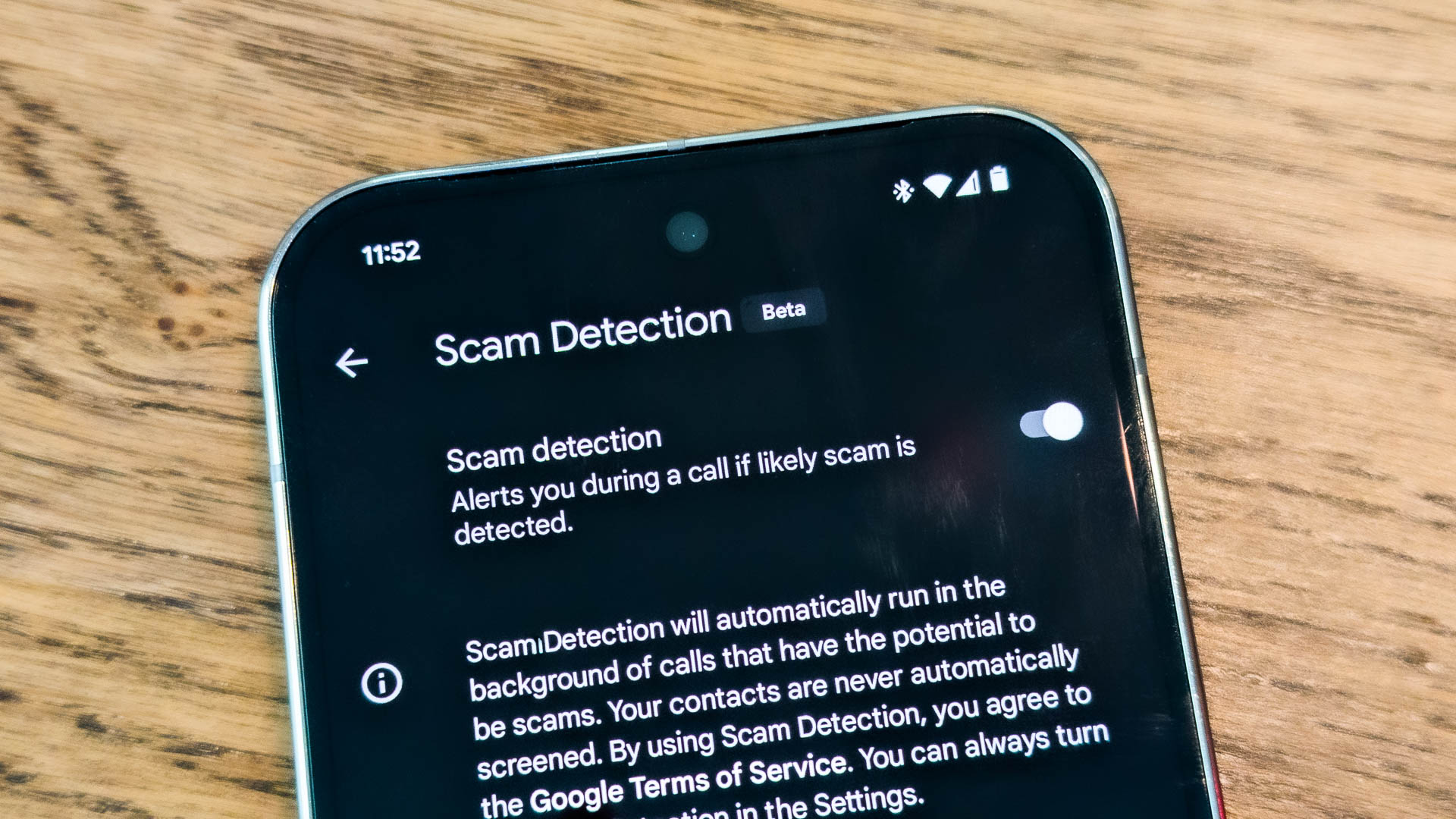
Google and Samsung are working on some nifty time-saving features
Google Tasks may finally add this critical time-management feature (APK teardown)
Related
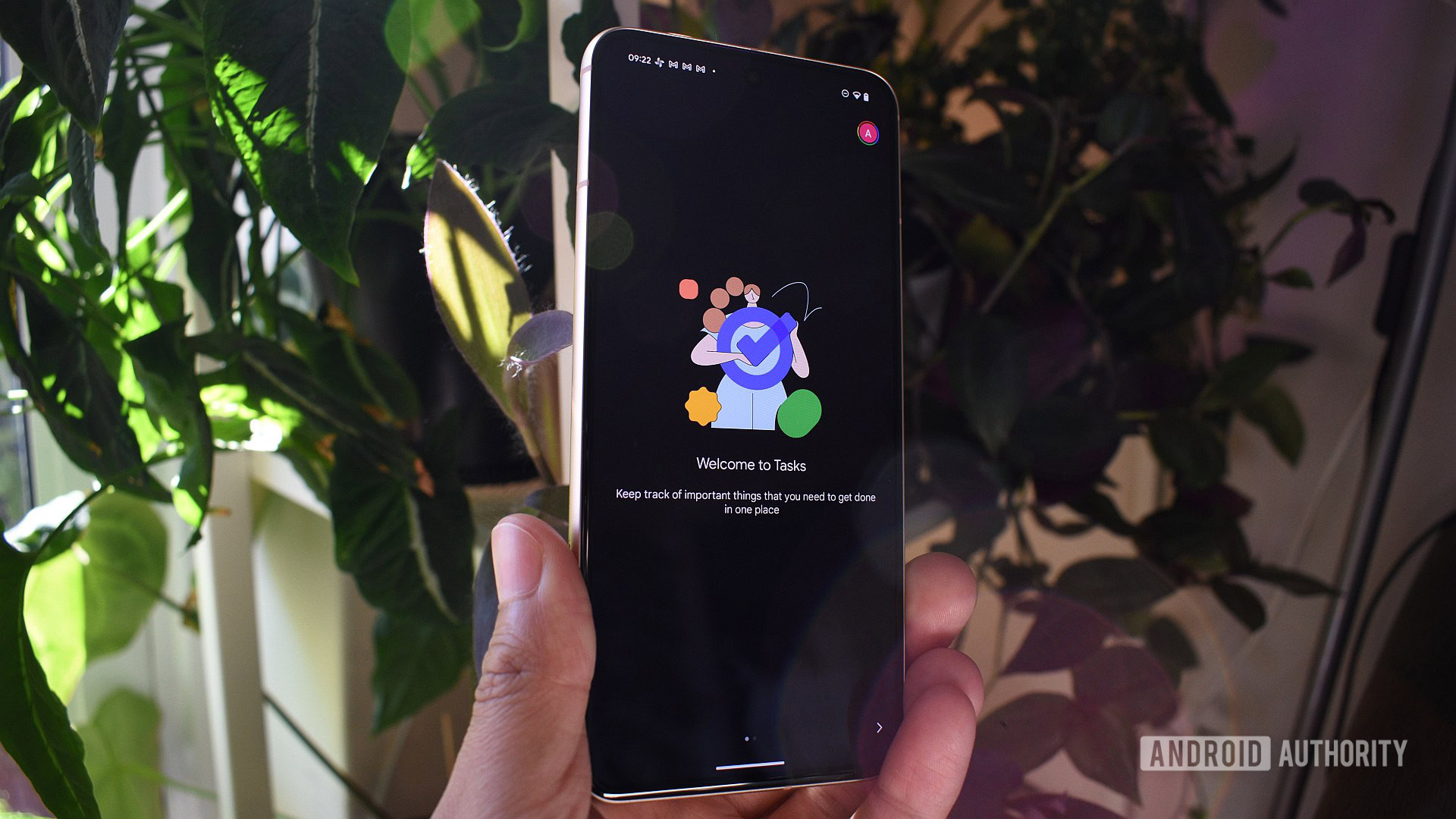
Google Wallet may soon let you favorite passes for faster access (APK teardown)
Related
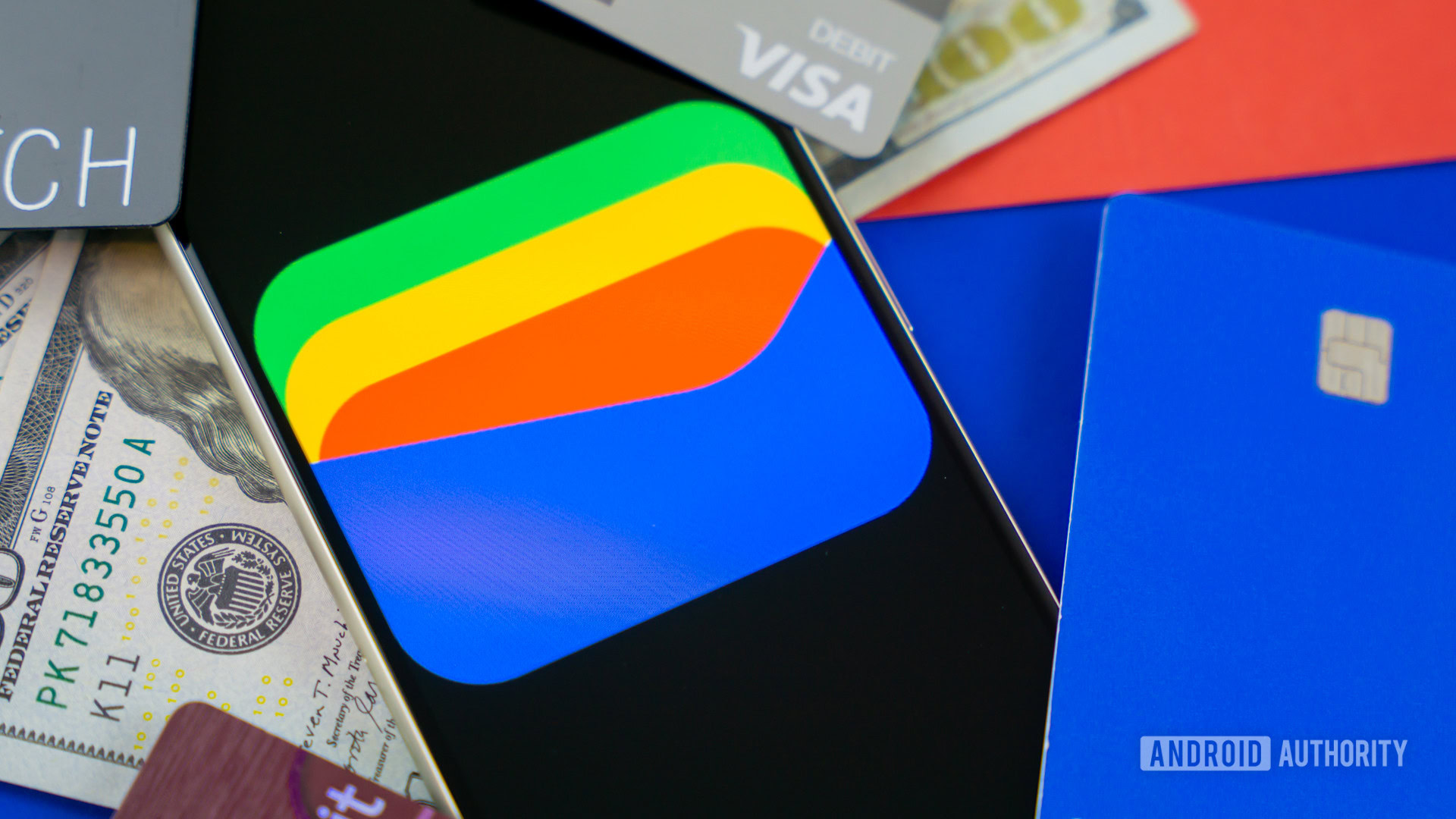
Here’s your first look at Samsung Health’s new AI-powered fitness assistant (APK teardown)
Related
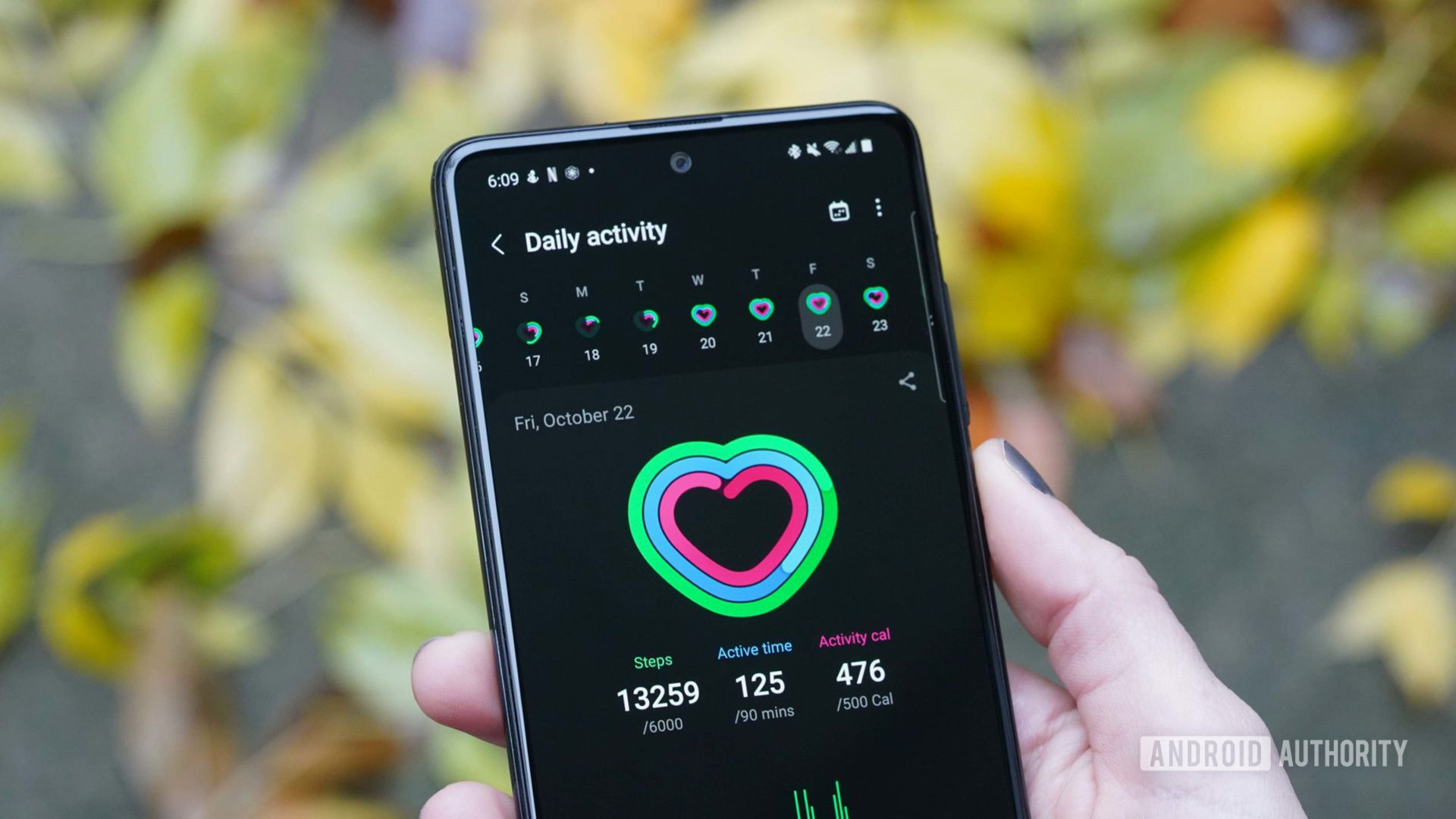
Other top stories
Here are some phones you should buy (and some phones you shouldn’t)
I reviewed the Google Pixel 10 Pro: Here’s why it’s my new favorite Android phone of 2025
Related
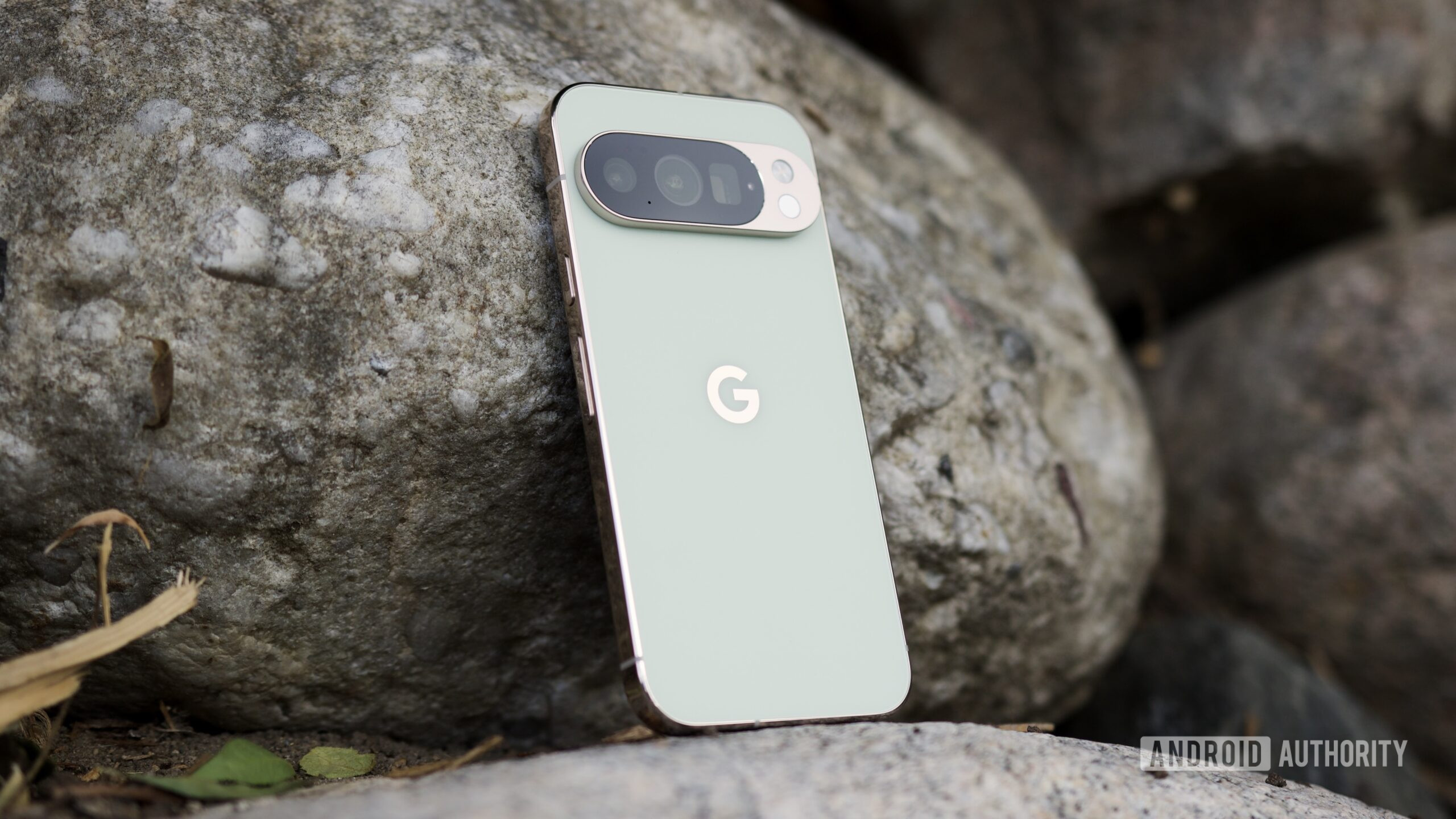
Did Google fix the Pixel 9’s lifeless photo colors on the Pixel 10? I’m shocked.
Related
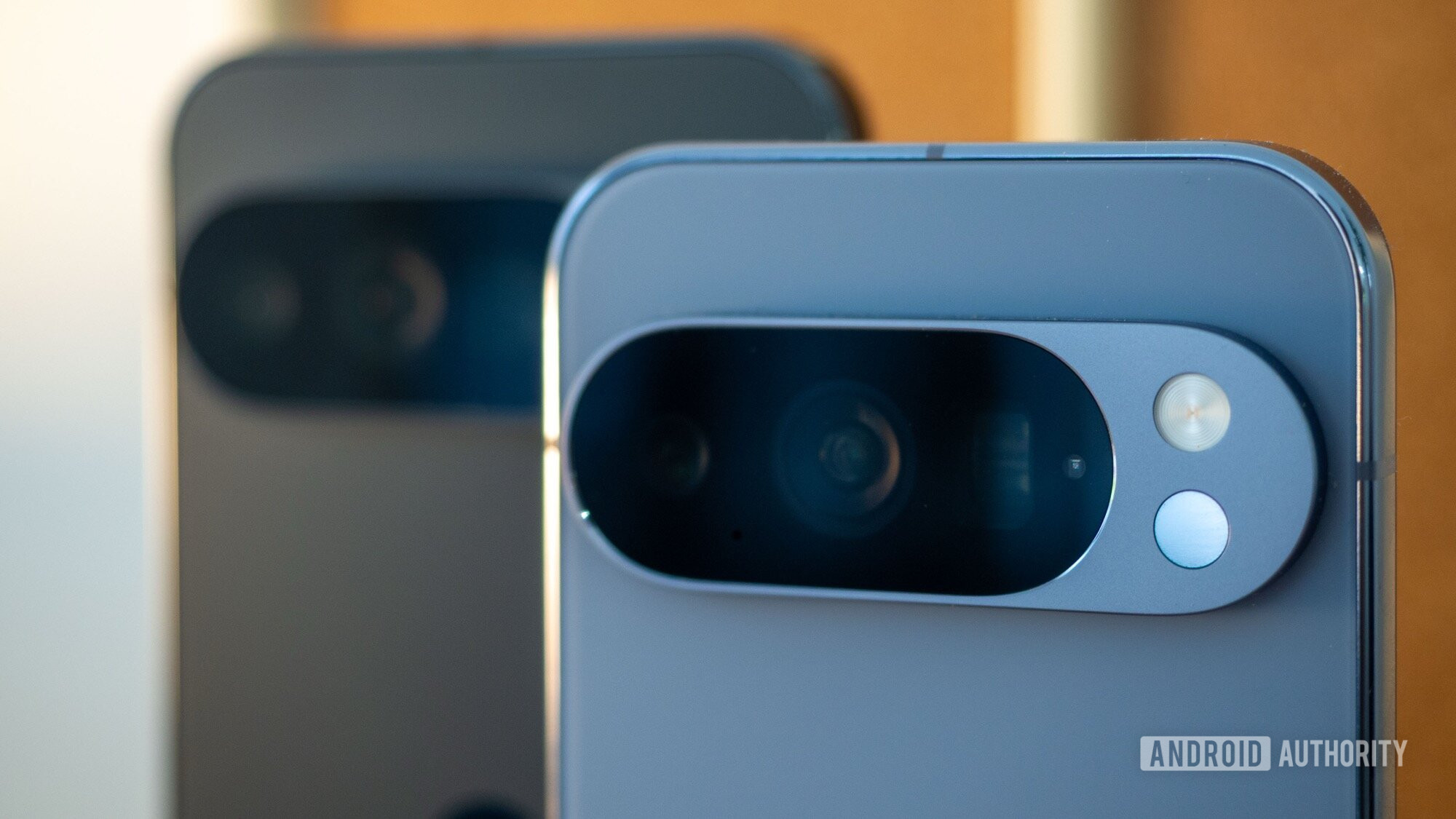
5 Android phones you should buy instead of the iPhone 17 Pro
Related

I bought the Trump phone 3 months ago, and I’ve got nothing
Related

Google is finally bringing call recording and better icon theming to Pixel phones
Google is finally changing its tune about call recording on Pixel phones
Related
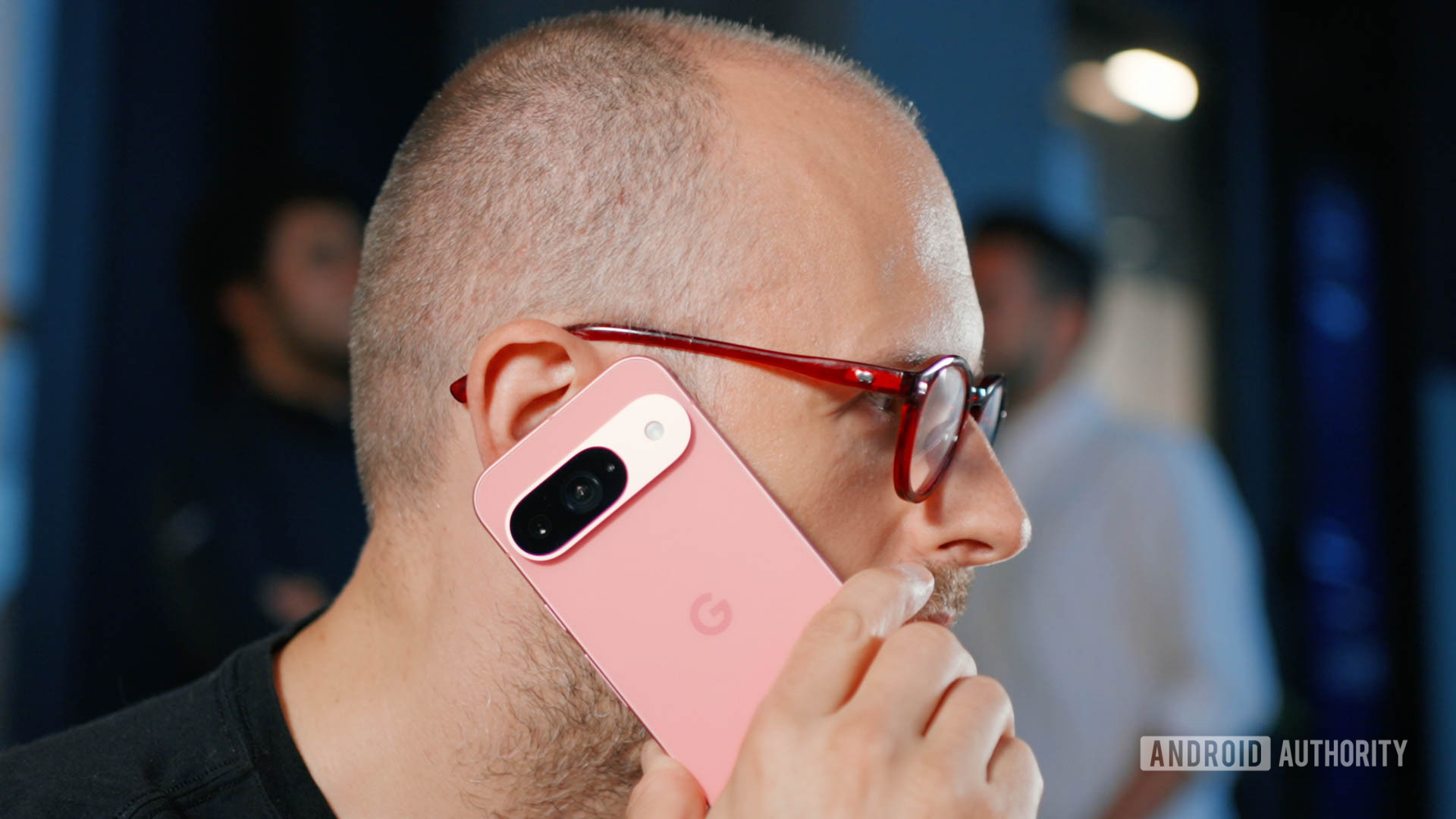
Android will soon be able to theme every app icon, and Google Play won’t let developers opt out
Related
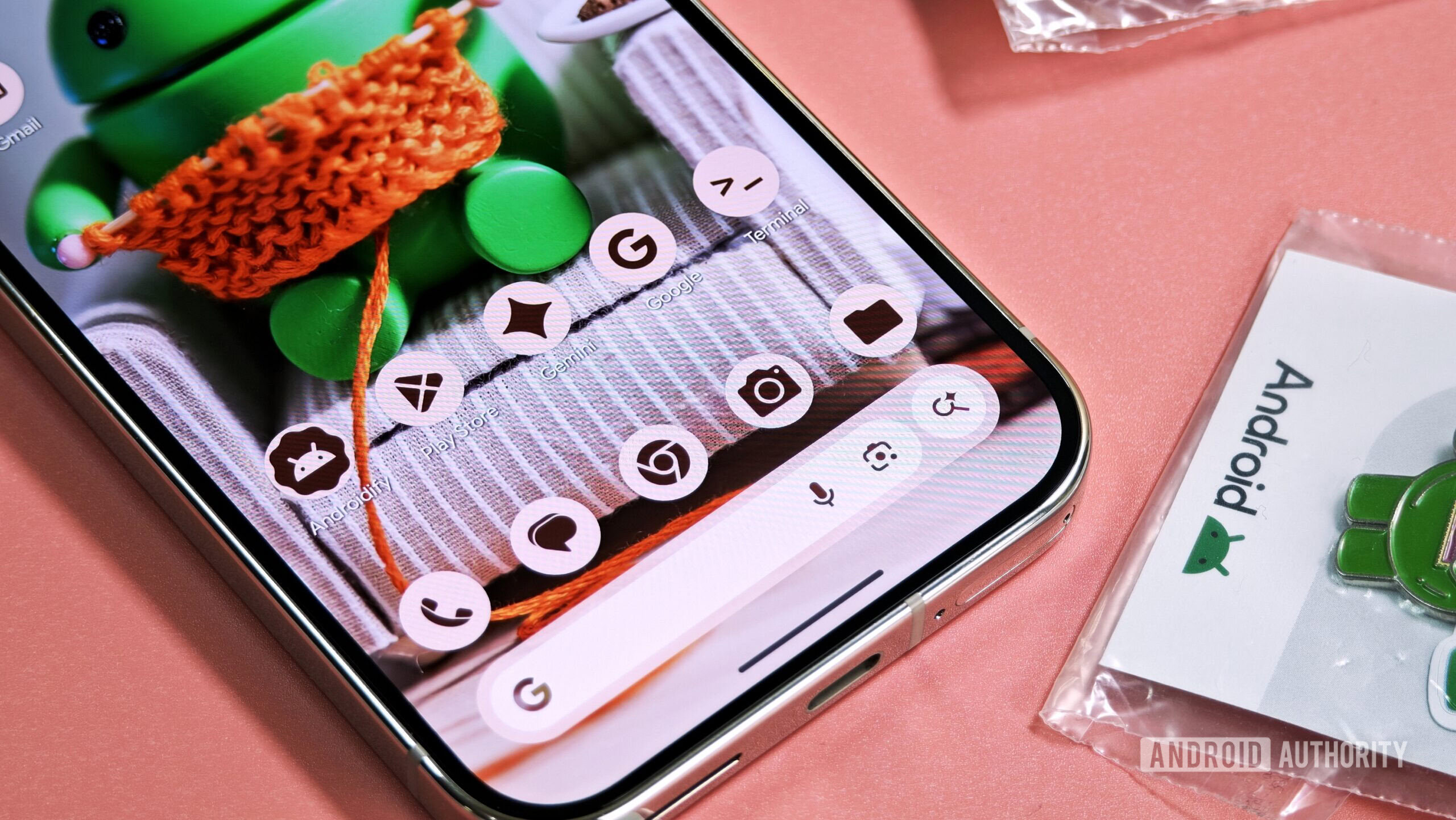
We finally know when Samsung will roll out One UI 8 for other Galaxy phones
Samsung shares One UI 8 stable release timeline, and it’s not the best news for older phones
Related
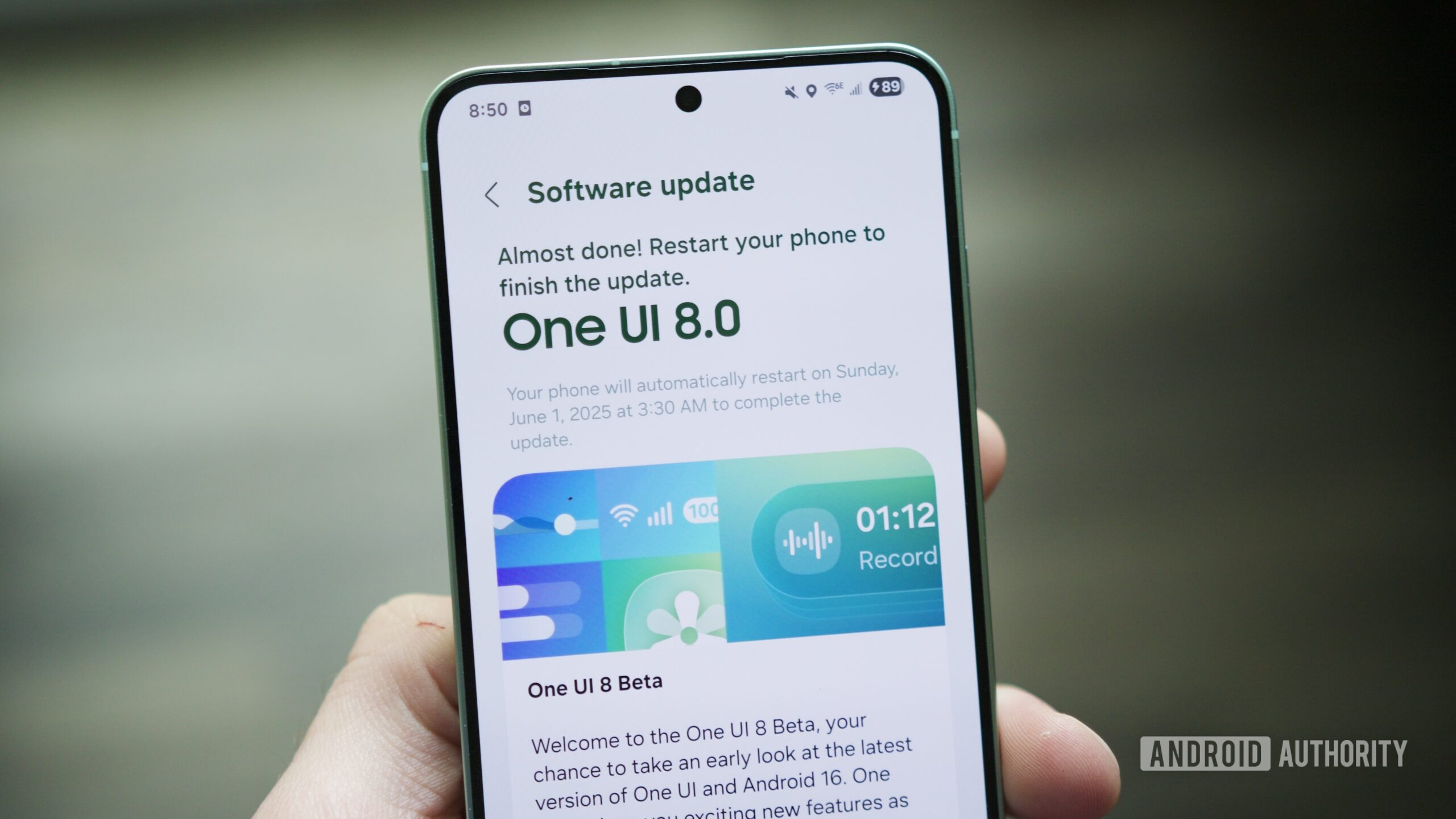
Yet another Pixel phone with battery swelling problems…
Pixel 7 and Pixel 7 Pro users are now facing scary battery swelling problems
Related
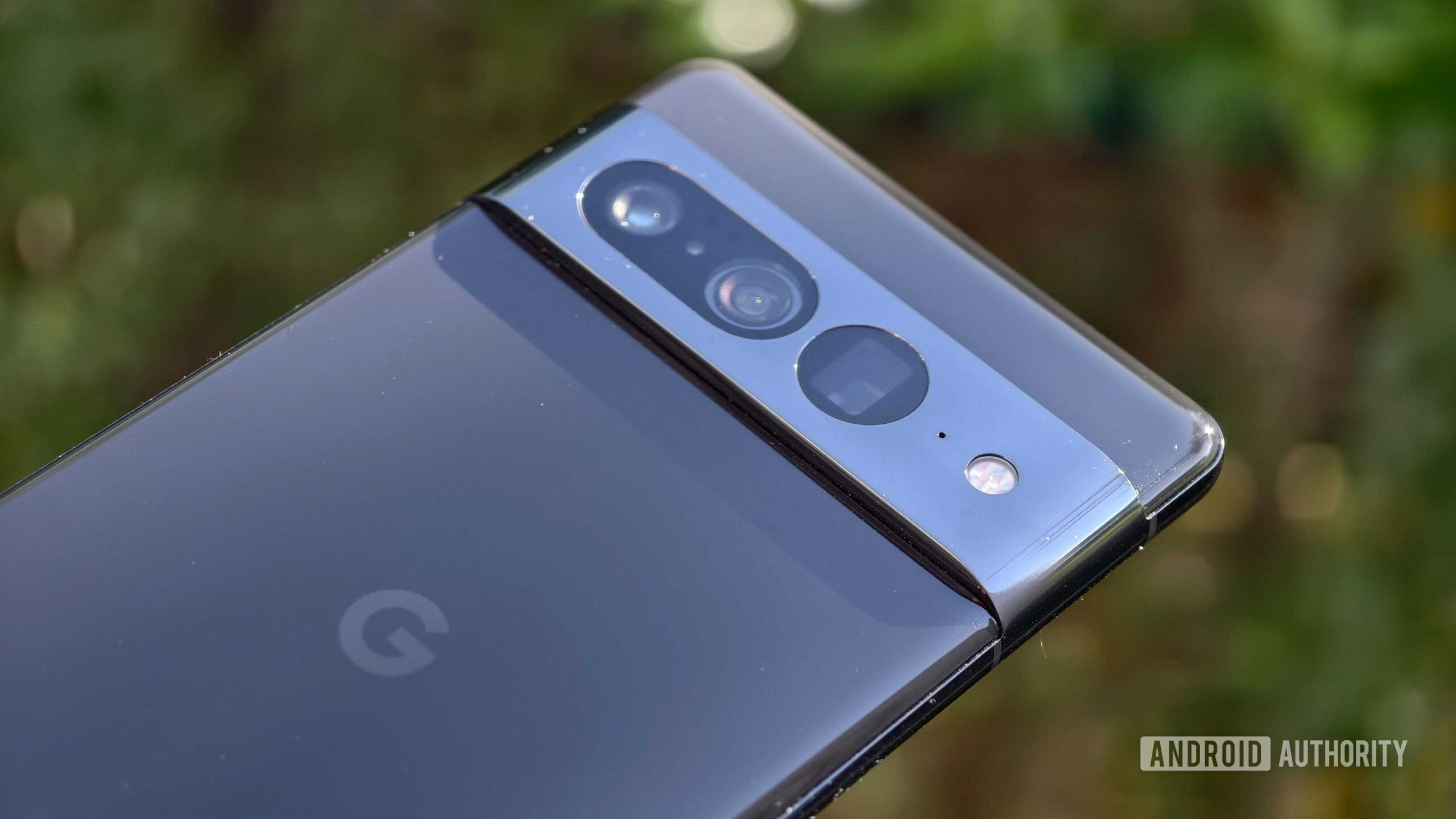
Is Qualcomm allergic to good naming schemes?
It’s official: The ‘Snapdragon 8 Elite Gen 5’ will power the next wave of Android flagships
Related
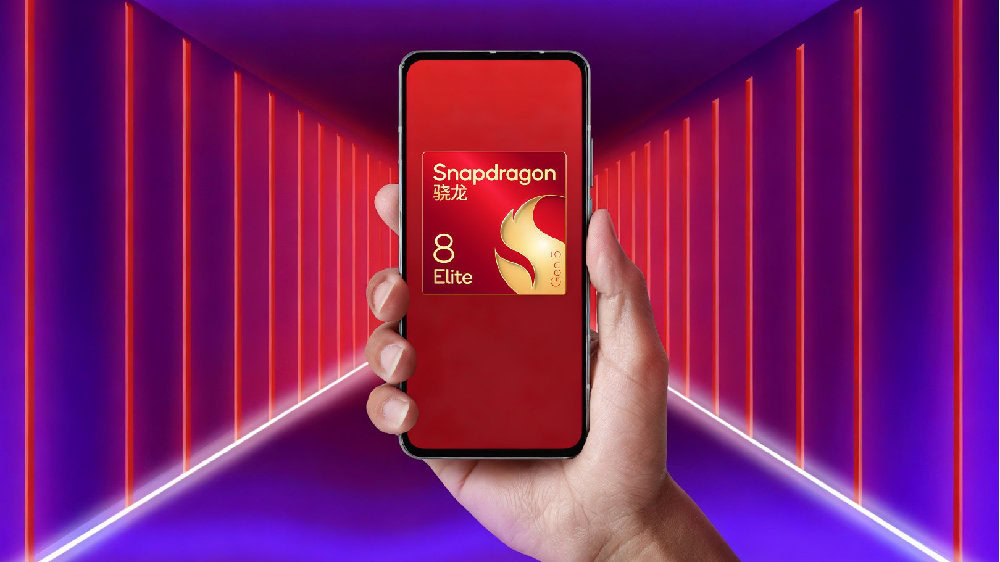
Miscellaneous
Samsung confirms its $1,800+ fridges will start showing you ads
Related
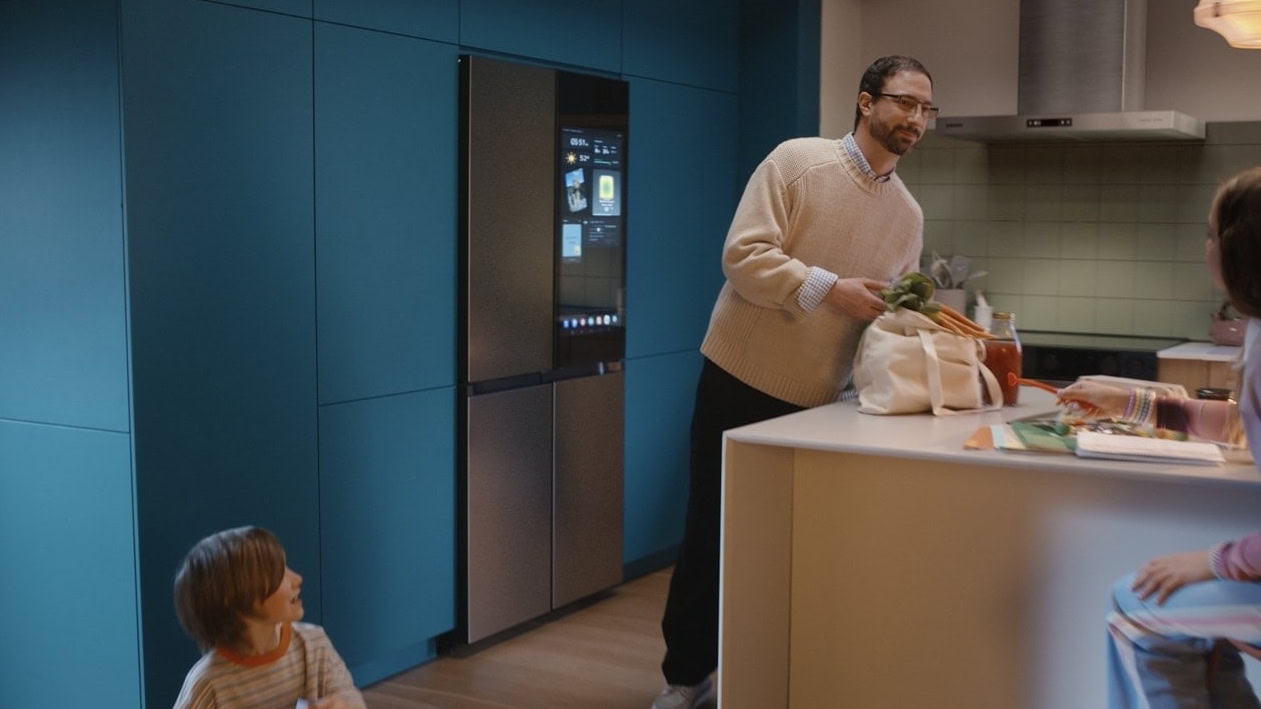
Nintendo Switch emulator Eden is now available on the Google Play Store
Related
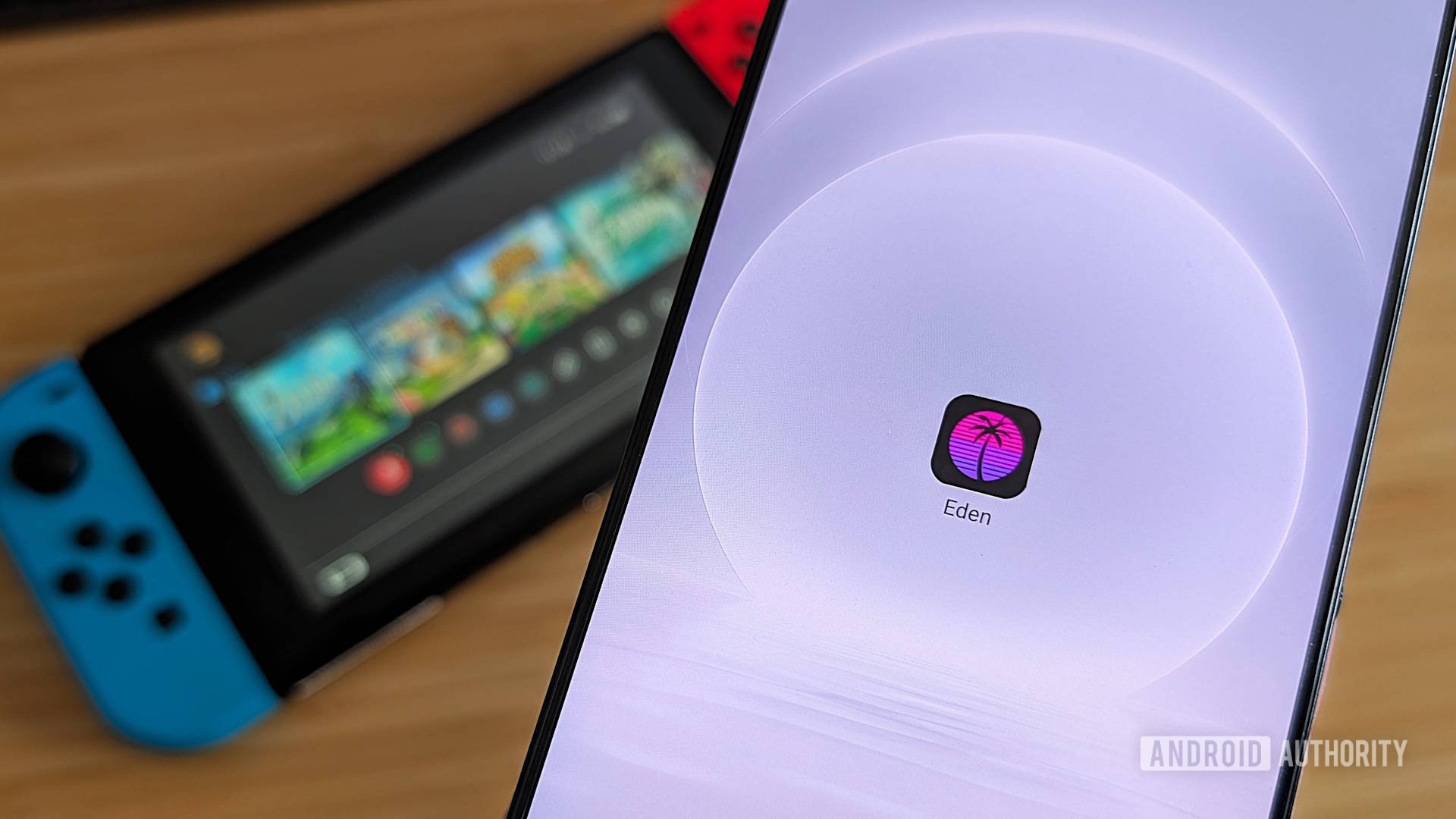
BlackBerry Passport getting set to follow Classic with a new life on Android
Related
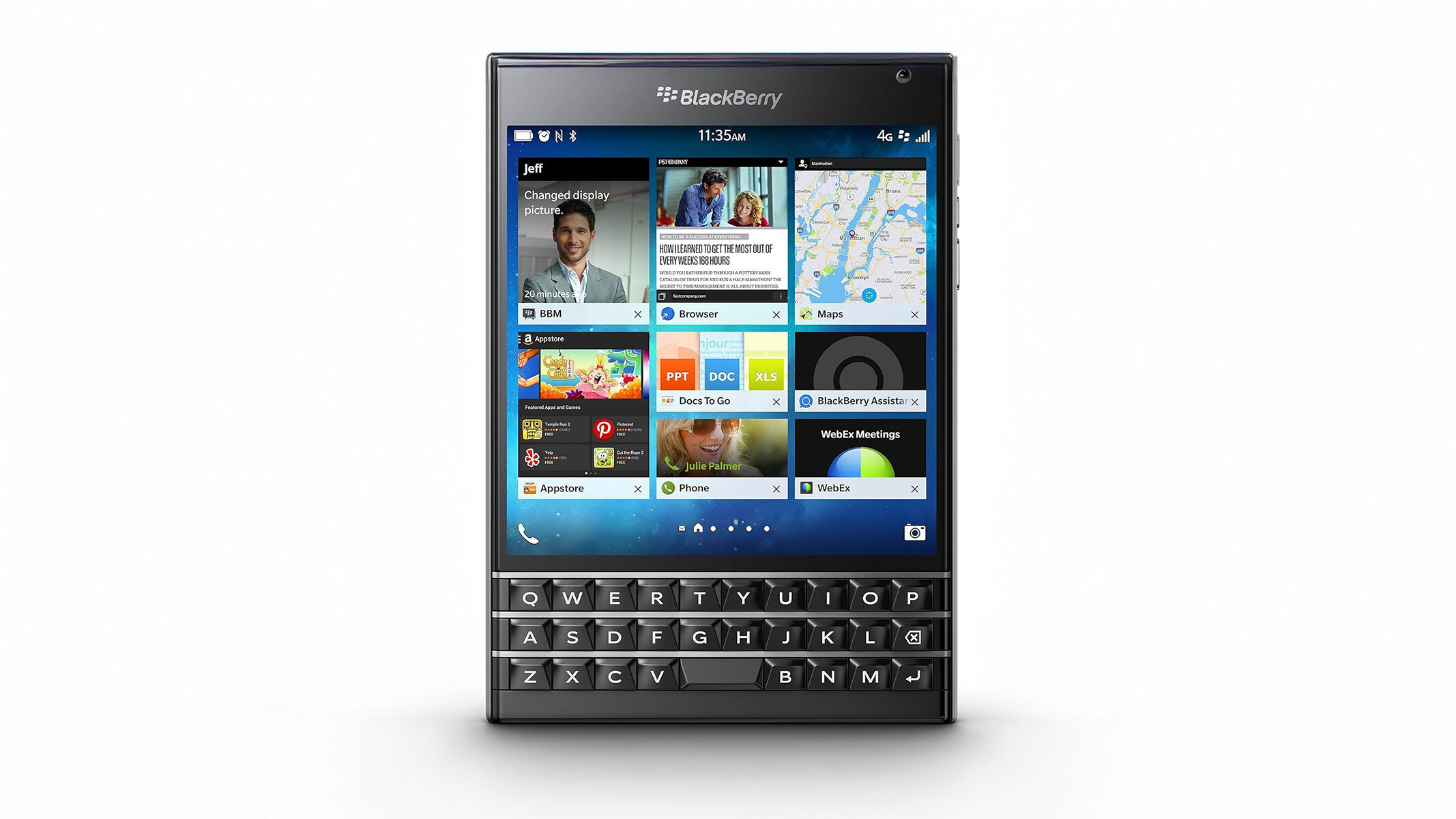
Thank you for being part of our community. Read our Comment Policy before posting.

